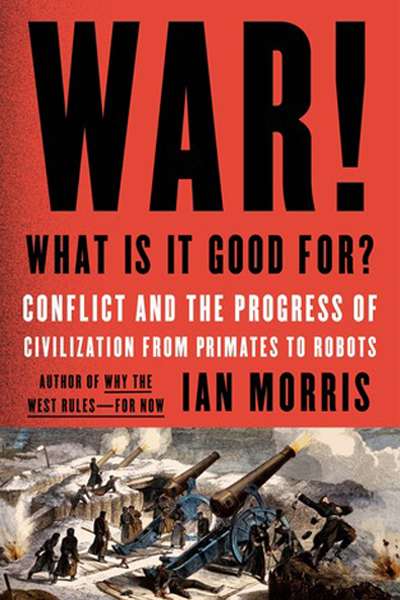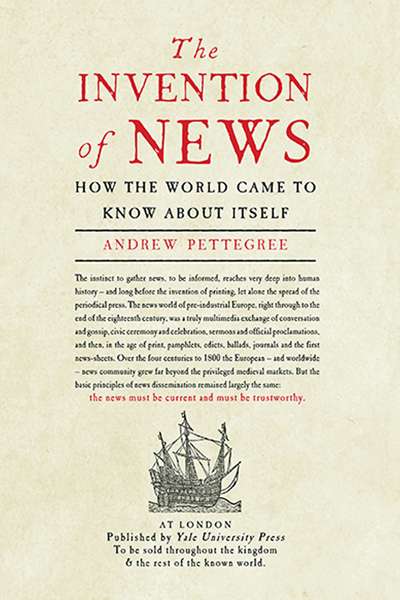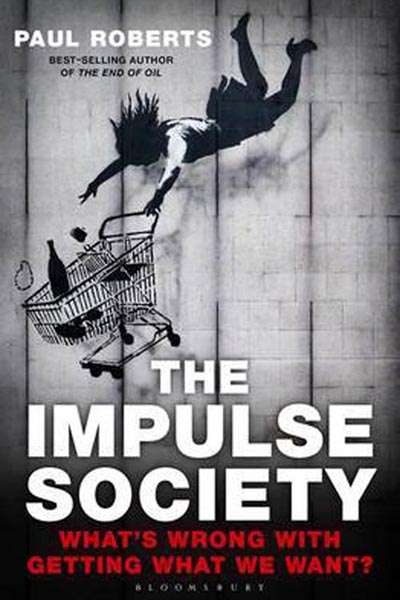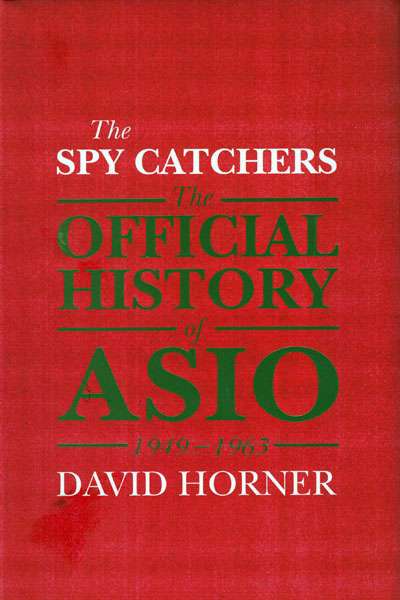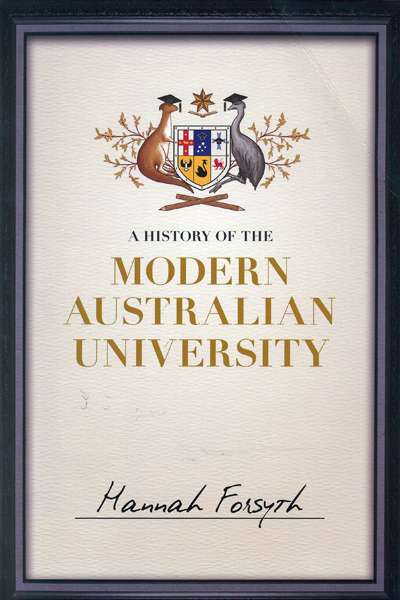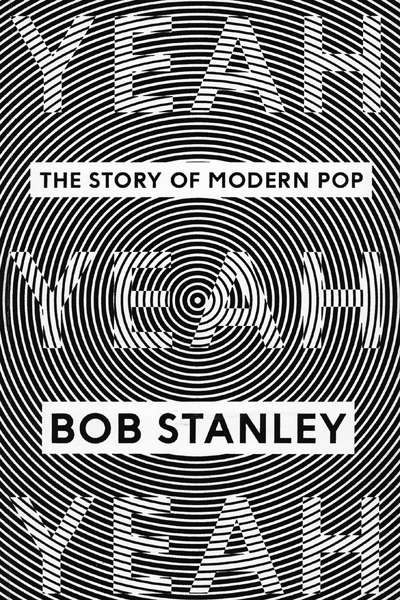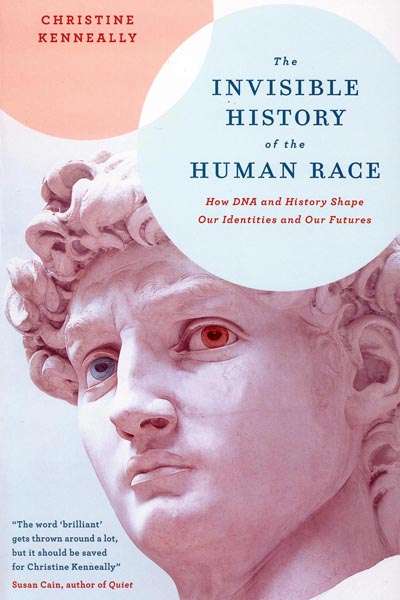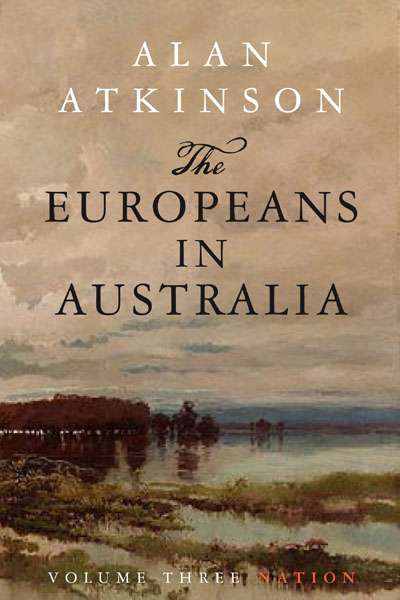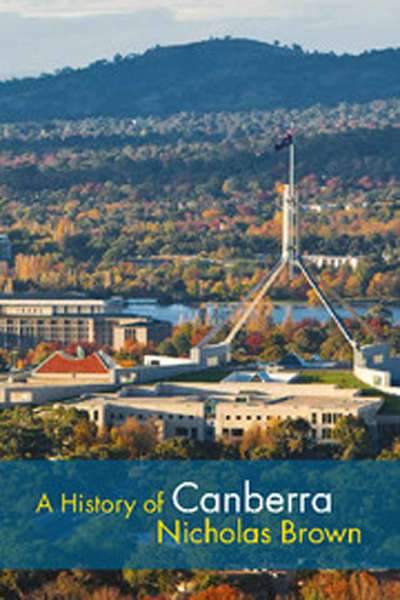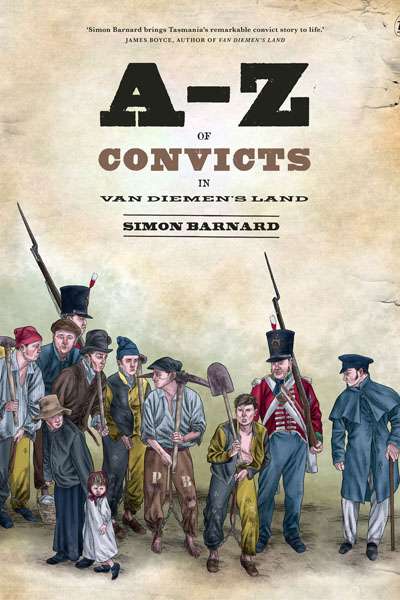History
War! What Is It Good For?: The role of conflict in civilisation from primates to robots by Ian Morris
It is a brave author who produces a book proclaiming the usefulness of war at a time when most of us are thinking about the horrors and wastefulness of World War I. Ian Morris, British by birth but now the Willard Professor of Classics at Stanford, and author of Why The West Rules – For Now (2010), has done just that and is receiving praise for his efforts. What are the merits of his case?
... (read more)The Invention of News: How the world came to know about itself by Andrew Pettegree
When St Paul’s burned down in 1561, no one was in any doubt that it was the work of God. The debate – and it was a furious one in the press of the time – concerned what this said about His views on the abolition of the mass. Contemporary press reports of the Battle of Lepanto, the St Bartholomew’s Day Massacre, and the Spanish Armada show how reporting of even the most important events was subject to wide variations in timeliness and accuracy. The church, with its networks of pilgrims and crusaders, played an important role in gathering and disseminating news in the late Middle Ages, but it was often merchants who were behind major advances, sometimes setting up their own networks. When the noise of conflicting reports became overwhelming, they tended to share information and to let everyone work out for themselves, or with friends, what they wanted to believe.
... (read more)The Impulse Society: What’s wrong with getting what we want? by Paul Roberts
Paul Roberts’s The Impulse Society is the latest entry in a now familiar subtype of polemic: that of the society in decline, the symptoms of which run the gamut of Western post-industrialist ills from childhood obesity to the meltdown of global economic markets, and the syndrome of which is, at root, advanced capitalism. The lineage can be traced back through, among many others, Chris Hedges’ Empire of Illusion: The End of Literacy and the Triumph of Spectacle (2009), Neil Postman’s Amusing Ourselves to Death (1985) and Guy Debord’s The Society of the Spectacle (1967).
... (read more)The Spy Catchers: The official history of ASIO 1949–1963, Volume One by David Horner
In the interests of national security, my luggage was recently searched at Los Angeles airport. The culprit: Spy Catchers. The uncorrected proof copy was so bulky that it triggered an alert. I declined to tell the Customs and Border Protection officer (in no mood for irony) that one chapter in the offending item was entitled ‘Keeping out Undesirables’. David Horner’s first volume in the history of ASIO is a big book – big on detail, broad in scope, and, overall, impressive in achievement.
... (read more)A History of the Modern Australian University by Hannah Forsyth
Hannah Forsyth, a lecturer in history at the Australian Catholic University in Sydney, begins her first chapter with the words: ‘In 1857 all of the Arts students at the University of Sydney could fit into a single photograph.’ Some neo-liberal critics of universities would argue that it has been downhill ever since. By World War II, Forsyth estimates that there were still only about 10,000 university students in Australia. Forsyth succinctly highlights the historical changes from a small élite higher education system, dominated by white male ‘god’ professors, to the current complex system, where more than one million students face major changes in higher education funding and settings.
... (read more)It is difficult to imagine a more satisfying long-form narrative about pop music than Yeah Yeah Yeah. Although the book runs to almost 800 pages, British author Bob Stanley writes with such authority and infectious passion that the momentum never skips a beat. Beginning with the first British hit parade and the popularisation of the electric guitar, Stanley traces the arc through to modern forms such as dance and hip-hop while fulfilling the role of tour guide. He takes the reader through a museum of pop music, pausing before significant artefacts to offer erudite commentary, and encouraging the reader to don headphones and experience the sounds of each era.
... (read more)The Invisible History of the Human Race: How DNA and history shape our identities and our futures by Christine Kenneally
In the current fad for omnibus histories of absolutely everything, designed to replace ancient metaphysics, perhaps, or answer some marketing brainwave, no one has succeeded in quite the way Christine Kenneally has. She approaches her task with a very specific enquiry: what is the interplay between genetics and human history? Searching for an answer, she uncovers worlds within worlds.
... (read more)The Europeans in Australia: Volume 3: Nation by Alan Atkinson
On 17 January 1991, Alan Atkinson wrote to fellow historian Manning Clark to express his appreciation after reading The Puzzles of Childhood (1989) and The Quest for Grace (1990), Clark’s two volumes of autobiography. While Clark had only four months to live, Atkinson would soon begin work on The Europeans in Australia, a three-volume history of his country that would occupy him over the next twenty years. ‘I enjoyed both [the autobiographies],’ he told Clark; they ‘had a kind of subjectivity about them. It’s a remarkable style you use, which seemed to relate very much to me, so that they taught me a lot.’ Atkinson later described how he was ‘profoundly influenced’ by Clark’s work. Even more than the vast scale of Clark’s six-volume A History of Australia, it was the ‘infinite variety and open-ended stillness … of the past itself’ that affected him so intensely. Clark had shown Atkinson that the historian must ‘not just reimagine the national story but also do it in ways that ask questions about humanity itself’.
... (read more)‘Canberra’ is a loaded term among Australians. The capital embodies the aspirations, expectations, and disappointments of a nation. It is at once a bold experiment in Australian democracy and a national source of ambivalence and derision, the unfortunate shorthand for the federal government, and a symbol of Australia’s collective disenchantment with politics. Many Australians feel they can speak for the capital and are quick to pass judgement on it. It is hotly contested ground. There is even tension between the Ngunawal, Ngarigu, and Ngambri people over who can speak for country on the Limestone Plains.
... (read more)In times of high moral outrage at the barbarism of others, it is salutary to be reminded of the state-sanctioned viciousness of Australia’s past. Simon Barnard’s A–Z of Convicts in Van Diemen’s Land does this brilliantly. Australian convict history is a crowded field, but Barnard’s detailed and vivid illustrations breathe fresh life into it. In addition to the many architectural cutaway drawings (hospitals, jails, female factories, commissariats, coalmines, shipyards, treadmills), there is a wealth of social detail: the bell-pull system for solitary confinement cells, a water canteen, cell graffiti, named dogs of the Colony, the tattoos of Francis Fitzmaurice. Indeed, it is the rupture of the human dimension into the totalising aspects of the system that surrounded convict transportation that give this book real intellectual heft. The effect is achieved through image and text, drawing on the stories of many lesser-known personalities of the period from a rich range of primary source material.
... (read more)

